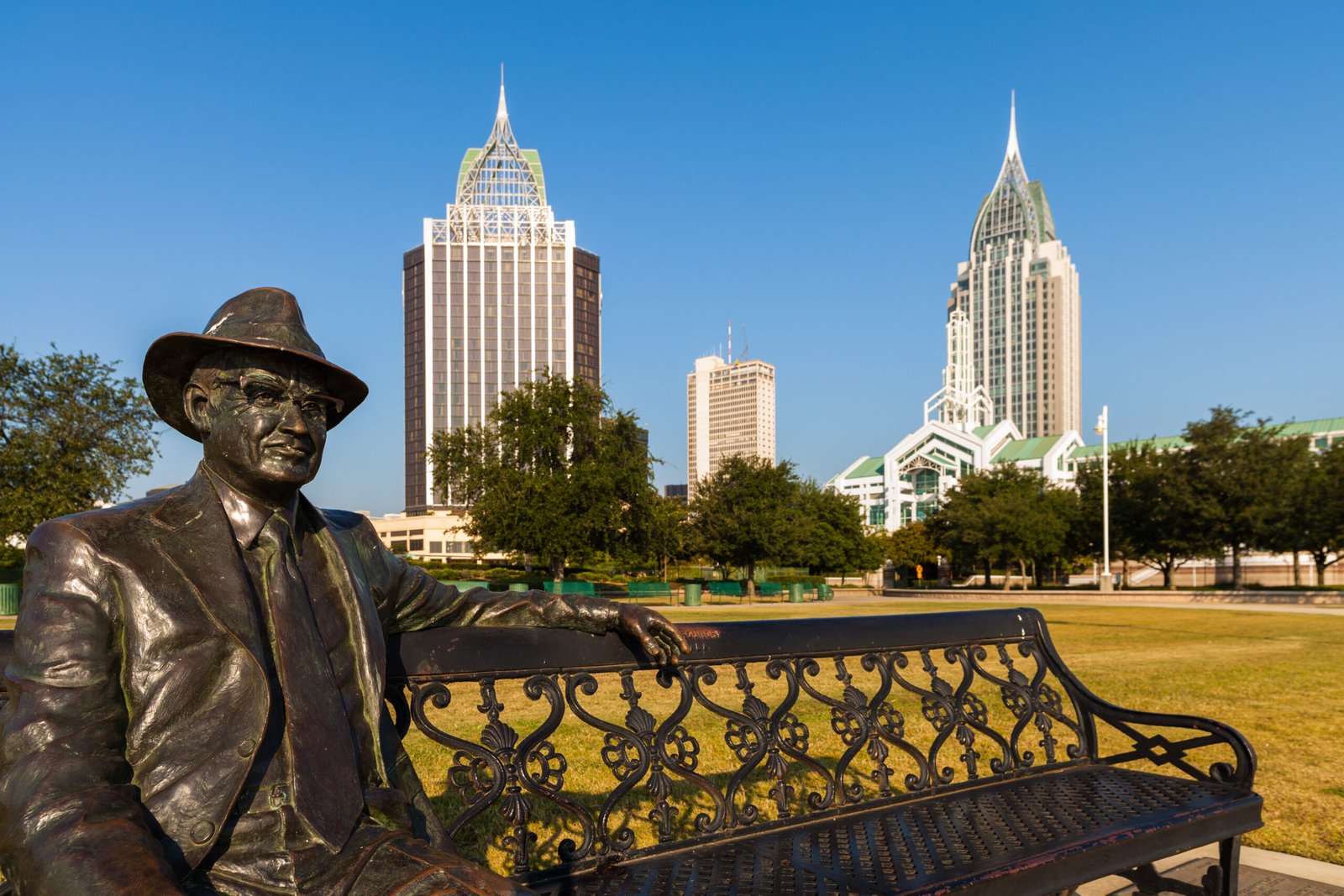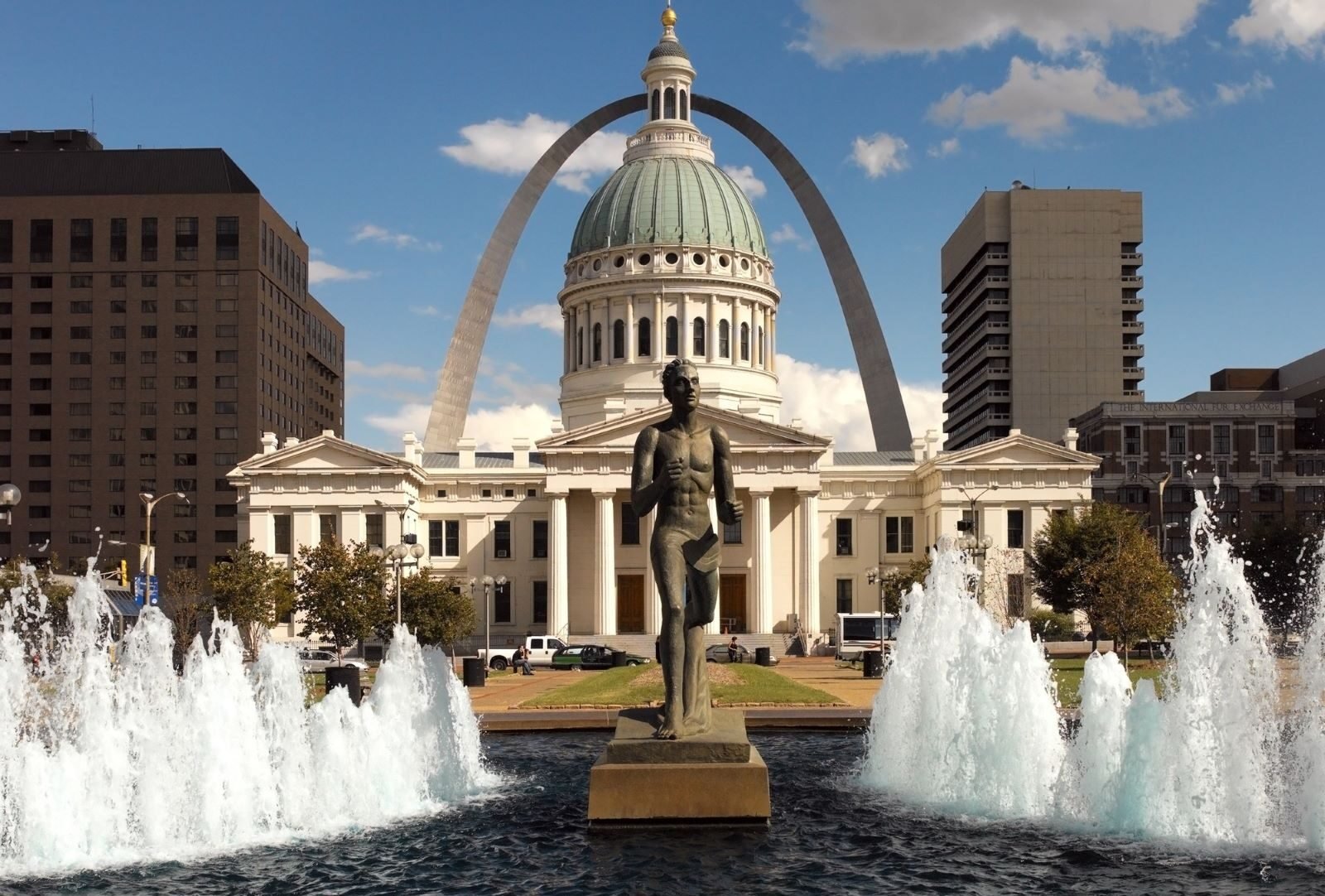Not all states are equal in taxes, especially for the wealthy. The right tax environment can greatly impact high-net-worth individuals. Here are the 15 best states for the rich from a tax perspective, focusing on low or no income taxes, favorable estate tax laws, and minimal property taxes.
Based on a WalletHub survey, our rankings identify the most financially advantageous states for the affluent.
Alaska

Alaska leads with a tax burden of only 3.95% of income, primarily due to its lack of state income tax. This makes it highly attractive for high-income earners looking to preserve more of their earnings.
The state also boasts low sales and excise taxes at 1.18% of income and moderate property taxes at 2.77%. Alaska’s Permanent Fund Dividend, funded by oil revenues, further offsets living costs for residents.
New Hampshire

New Hampshire follows closely with a tax burden of 5.72% of income. It levies no state income tax and maintains one of the country’s lowest sales and excise taxes at 0.82% of income. Property taxes are slightly higher but remain competitive at 4.50% of income. The state’s lack of a sales tax on goods and services further benefits residents, particularly those with higher spending power.
North Dakota

North Dakota ranks third with a tax burden of 6.12% of income. Similar to Alaska and New Hampshire, it imposes no state income tax. Sales and excise taxes are moderate at 3.50% of income, while property taxes are relatively low at 2.06%, making it a favorable state for wealth preservation. The state’s booming energy sector and agricultural industry contribute to its stable economy.
Wyoming

Wyoming’s tax burden is 6.22% of income, primarily due to its zero state income tax policy. Sales and excise taxes are modest at 3.01% of income, while property taxes contribute 3.20%.
The state’s tax-friendly policies appeal to affluent individuals seeking to minimize tax liabilities. Wyoming also offers significant asset protection benefits, attracting many wealthy individuals and business owners.
Florida

Florida offers a tax burden of 6.50% of income, driven by its lack of state income tax. Sales and excise taxes are moderate at 3.77% of income, and property taxes are manageable at 2.73% of income. The state’s warm climate and tax advantages attract many retirees and wealthy individuals. Additionally, Florida’s homestead exemption provides property tax relief for primary residences.
South Dakota

South Dakota maintains a tax burden of 6.55% of income. Like its northern counterpart, it imposes no state income tax and has moderate sales and excise taxes at 4.11% of income. Property taxes are relatively low at 2.44% of income, further enhancing its appeal to the wealthy. The state’s trust laws also make it a desirable location for establishing trusts and holding assets.
Nevada

Nevada imposes a tax burden of 6.70% of income, with no state income tax. Sales and excise taxes are reasonable at 3.85% of income, and property taxes are lower at 2.35% of income.
The state’s booming economy and business-friendly environment make it a favorite for high-income earners. Nevada’s lack of corporate income tax and minimal business reporting requirements contribute to its appeal as a tax haven.
Tennessee

Tennessee’s tax burden is 7.12% of income, driven by its lack of state income tax. Sales and excise taxes are higher, at 5.09% of income, while property taxes are lower, at 1.80% of income.
The state’s growing economy and cultural attractions appeal to affluent individuals. Tennessee also exempts certain investment income from taxation, further benefiting wealthy residents.
Montana

Montana’s tax burden is 7.37% of income, including low sales and excise taxes at 1.25%. Property taxes account for 2.33% of income, but the state levies income tax at 3.78%.
Montana’s tax credits for conservation easements and incentives for renewable energy investments attract environmentally conscious wealthy individuals. The state’s scenic landscapes and outdoor recreational opportunities add to its appeal.
Texas

Texas imposes a tax burden of 7.51% of income, driven by its lack of state income tax. Sales and excise taxes are reasonable at 4.29% of income, while property taxes are higher at 3.21%. Texas attracts affluent individuals with its strong economy and opportunities in energy and technology, plus favorable laws and exemptions that protect business assets.
Delaware

Delaware’s tax burden is 7.64% of income. The state levies no sales tax, and property taxes are relatively low at 1.87% of income. However, income tax contributes significantly to 4.48% of income. Delaware’s business-friendly environment, highlighted by favorable corporate tax laws and the Court of Chancery, makes it a top choice for wealthy individuals to establish trusts and company headquarters.
Arizona

Arizona maintains a tax burden of 7.99% of income, with no estate or inheritance taxes. Sales and excise taxes are moderate at 4.08% of income, while property taxes are lower at 2.15%. The state’s warm climate and growing economy attract retirees and wealthy individuals. Arizona’s tax credits for solar energy installations and investments in rural areas further benefit affluent residents.
Alabama

Alabama imposes a tax burden of 8.14% of income, with no estate or inheritance taxes. Sales and excise taxes are reasonable at 3.44% of income, while property taxes are low at 1.33%. The state’s cost of living and tax incentives for businesses contribute to its appeal to high-income earners. Alabama’s tax-free municipal bonds and exemptions for certain retirement income also benefit wealthy residents.
North Carolina

North Carolina’s tax burden stands at 8.44% of income, driven by income taxes at 3.21% of income. Sales and excise taxes are moderate at 3.29% of income, and property taxes are lower at 1.95% of income. The state’s diverse economy, including finance, technology, and research sectors, attracts affluent individuals seeking employment and investment opportunities.
Idaho

Idaho offers a tax burden of 8.45% of income, with income taxes contributing significantly at 3.95% of income. Sales and excise taxes are lower at 2.67% of income, while property taxes account for 1.84% of income. The state’s scenic landscapes and outdoor recreational opportunities appeal to wealthy individuals seeking a lifestyle that balances business and leisure. Idaho’s tax incentives for businesses and its growing tech sector increase its attractiveness for affluent residents.
Missouri

Missouri holds the 16th spot among states offering favorable tax environments for affluent individuals, with a tax burden of 8.66% of income. This comprises 2.67% in sales and excise taxes, 2.40% in property taxes, and 3.59% in income taxes. Missouri’s affordability and economic opportunities also enhance its appeal for high-income earners optimizing financial strategies.
West Virginia

West Virginia closely follows Missouri, with a tax burden of 8.67% of income. The breakdown includes sales and excise taxes at 3.14% of income, property taxes at 1.54% of income, and income taxes at 3.99% of income. While slightly higher than Missouri, West Virginia’s competitive tax rates, scenic beauty, and outdoor recreation opportunities offer a balanced lifestyle with tax advantages.


